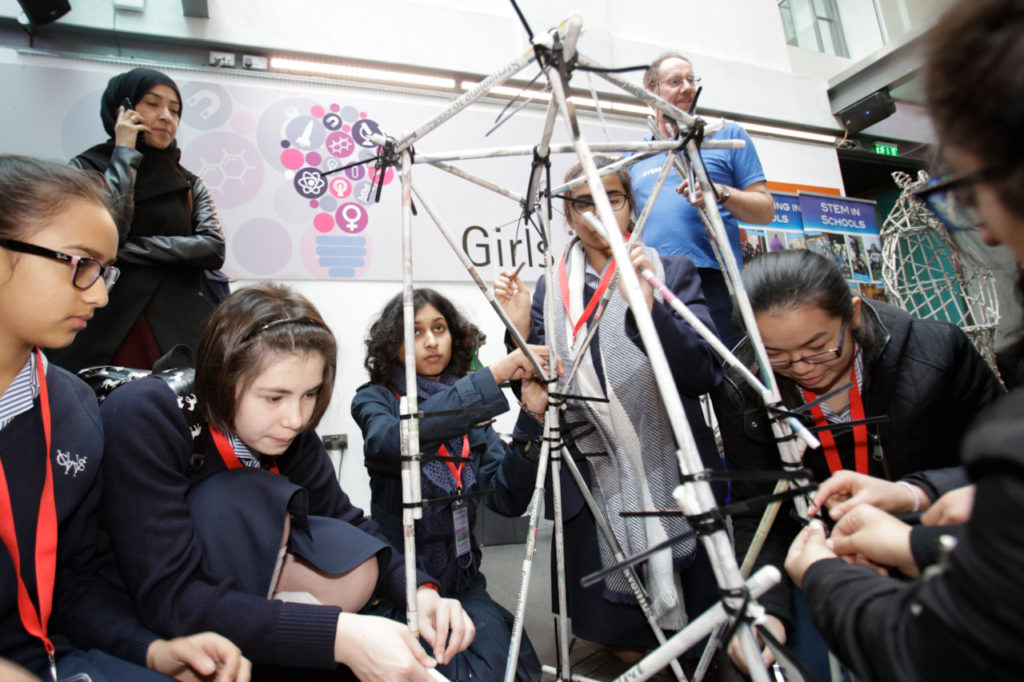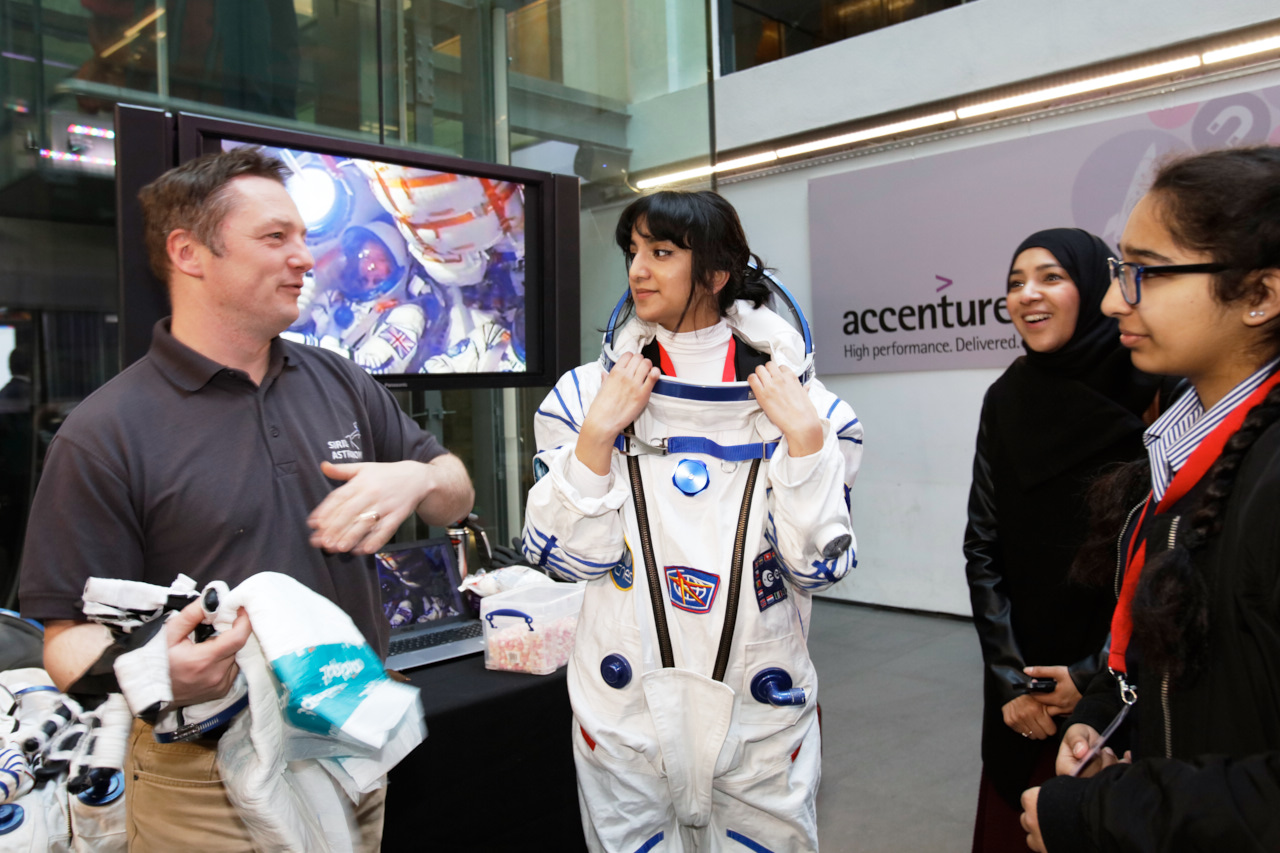New research from Accenture reveals that young people in the United Kingdom and Ireland are most likely to associate a career in science and technology with ‘doing research’ (52%),‘working in a laboratory’ (47%) and ‘wearing a white coat’ (33%). The study found that girls are more likely to make these stereotypical associations than boys.
Accenture has released this research to coincide with their nationwide Girls in STEM UK events.
The survey of more than 8,500 young people, parents and teachers uncovered some of the barriers to girls pursuing STEM subjects and careers.
It found that over a third of young people overall (36%) are put off studying STEM because they are unclear about what careers these subjects support.
>See also: Women in IT Awards 2017: winners revealed
More than half of parents (51%) and 43% of teachers agreed that students lack understanding about career options related to STEM.
The research also found evidence of gender stereotyping and bias around STEM subjects.
Almost a third (32%) of young people think that more boys choose STEM subjects than girls because they match ‘male’ careers or jobs.
The perception that STEM subjects are for boys only is the primary reason that teachers believe few girls take up these subjects at school.

Furthermore, more than half of both parents (52%) and teachers (57%) admit to having themselves made subconscious stereotypes about girls and boys in relation to STEM, and over half (54%) of teachers claim to have seen girls dropping STEM subjects at school due to pressure from parents.
The survey revealed a disparity between girls’ and boys’ perceptions of STEM subjects, with girls more likely to view them as ‘academic’ and ‘boring’.
The findings also pointed to a significant dip in girls’ enjoyment of traditional STEM subjects such as Mathematics and Computer Science as they entered secondary school.
Among the 7-11 age group, 50% of girls describe these subjects as fun and enjoyable, but this drops to 31% and 36% respectively in the 11-14 age group.
>See also: Tomorrow’s Tech Leader’s Today
“Girls’ engagement with STEM is clearly waning as they reach the age when they begin to consider their subject choices and future careers,” said Emma McGuigan, senior managing director for Accenture Technology in the UK & Ireland.
“We have to address this by doing more to spark and retain girls’ interest in STEM at an early age, while expanding perceptions and demonstrating what a career or a person who works in STEM looks like beyond the traditional stereotypes. Inspiring more girls to pursue STEM subjects and careers will not only help us to address the skills gap in science and technology, it will also help us to create a more diverse workforce that truly represents the world we live in.”
The findings coincided with the UK ‘Girls in STEM’ events hosted by Accenture and Stemettes. Events like this and others, such as Tomorrow’s Tech Leaders Today, hosted by Information Age as the UK’s largest tech careers fair women, are fundamental for motivating and inspiring women into the technology sector.
It helps break down stereotypes, boost confidence and provides a platform for networking where real opportunities to enter the industry materialise. For future generations even more has to be done, starting by ripping down preconceptions at school.







